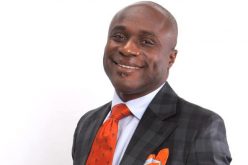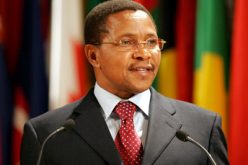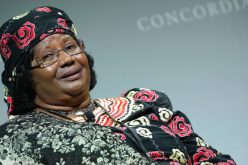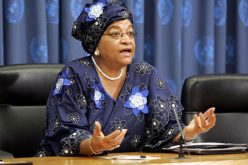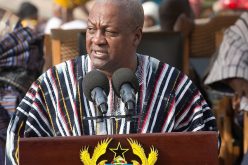 (Tunis Afrique Presse ) Tunis — Interim Prime Minister Ali Larayedh said the Tunisian government “is advocating neither for a religious State nor a State at war against religion.”
(Tunis Afrique Presse ) Tunis — Interim Prime Minister Ali Larayedh said the Tunisian government “is advocating neither for a religious State nor a State at war against religion.”
“Tunisian people, in their majority, want to live in democracy and in modernity and “reject both a religious state and a state at war against religion,” he said in an interview with German daily “Frankfurter Algemein Zeitung”.
In this interview, published on Saturday by this general circulation daily, the day after Larayedh’s visit to Berlin, the Prime Minister stated that “democracy in Tunisia is not only a political issue or system but also a question of mentalities and social and cultural behaviour.”
The country “would benefit from the great efforts exerted on the cultural level and in thoughts to entrench democracy values in each family member and within the community,” he added.
He also said he was confident the new constitution will be adopted next July, provided that compromises will be reached on different contentious issues, and therefore the legislative and presidential elections will be held by the end of the year.
According to the PM, “divergences reflect indeed wealth of ideas and pluralism of approaches rather than hostility.”
Speaking of his party, Larayedh said Ennahdha “had suffered repression more than any other party,” and that “it is today the party for which freedom is the most needed.”
He also said that after the Revolution, his party was put to the test of power and the challenge to meet people’s expectations, which he described as “urgent and legitimate.”
He added that Ennahdha party has gained realism, made continuous progress and remained united despite the difficulties it has faced.”
As regards the Tunisian-German relations, Larayedh said that they have experienced a noteworthy development after the Revolution, commending Germany’s continuous support to the democratic transition in Tunisia, as well as its political, economic and material support.


